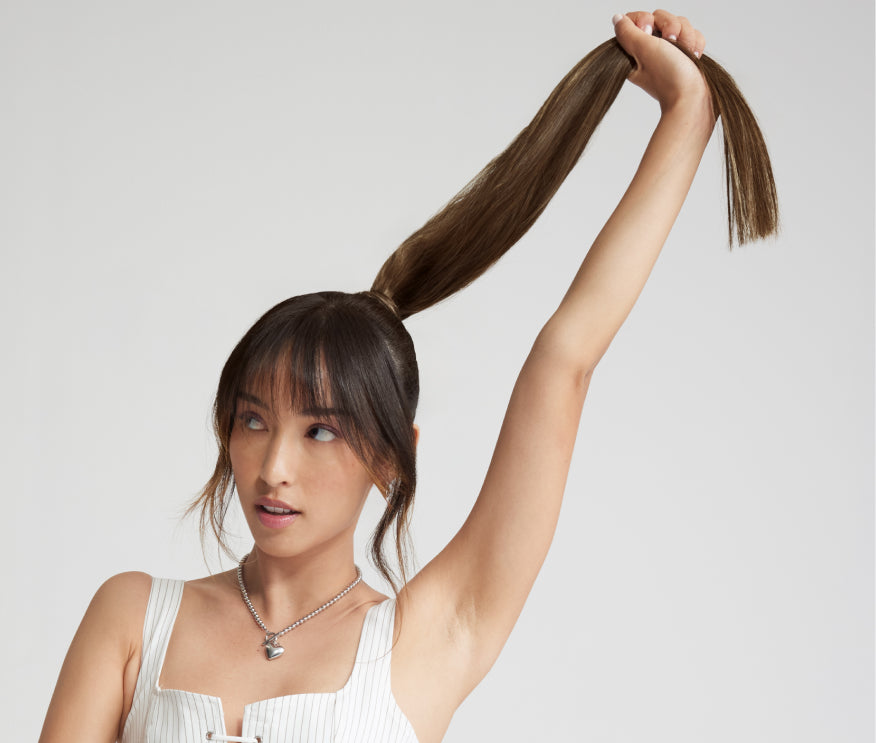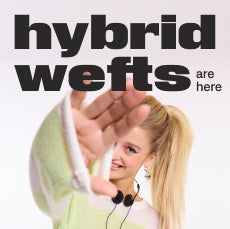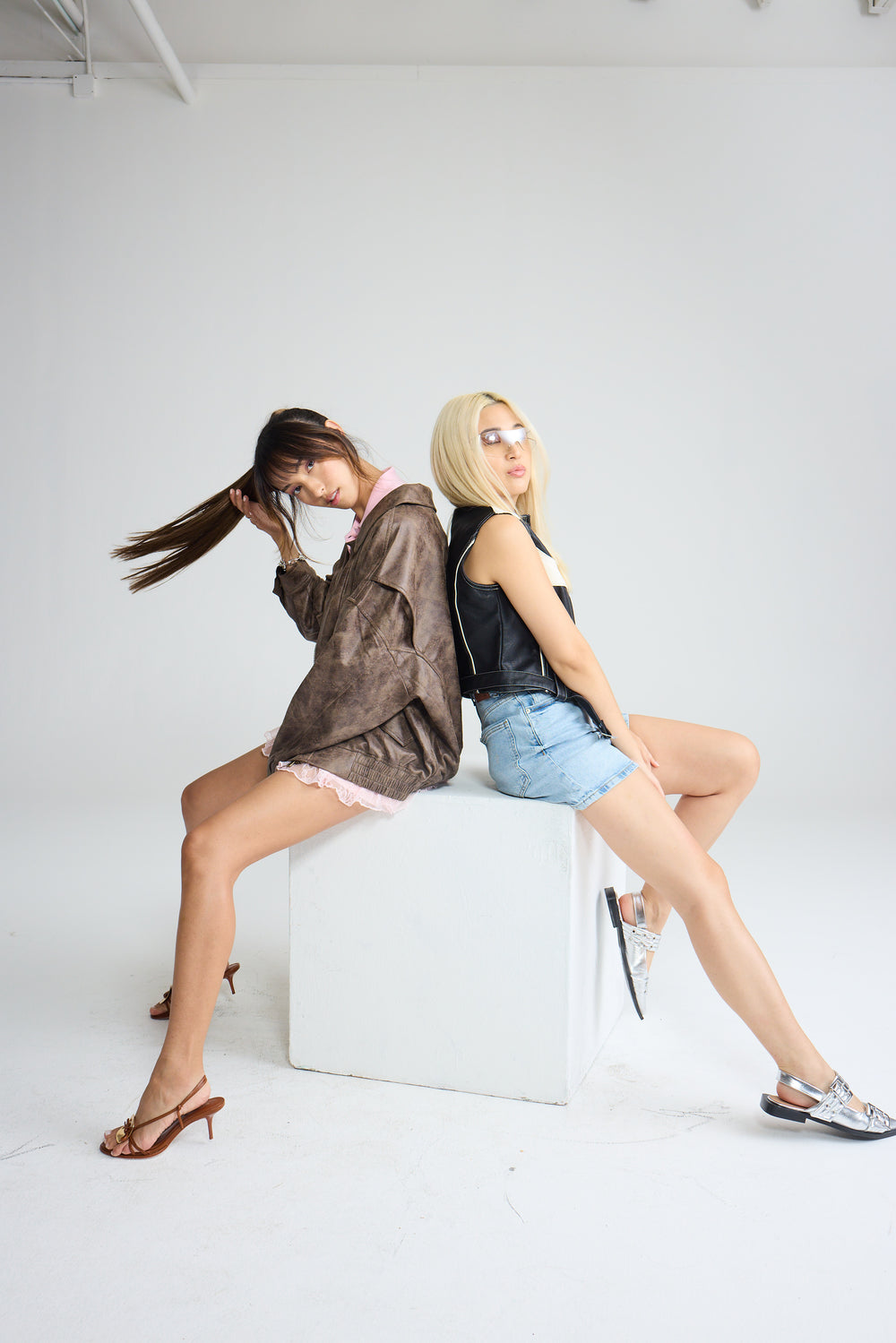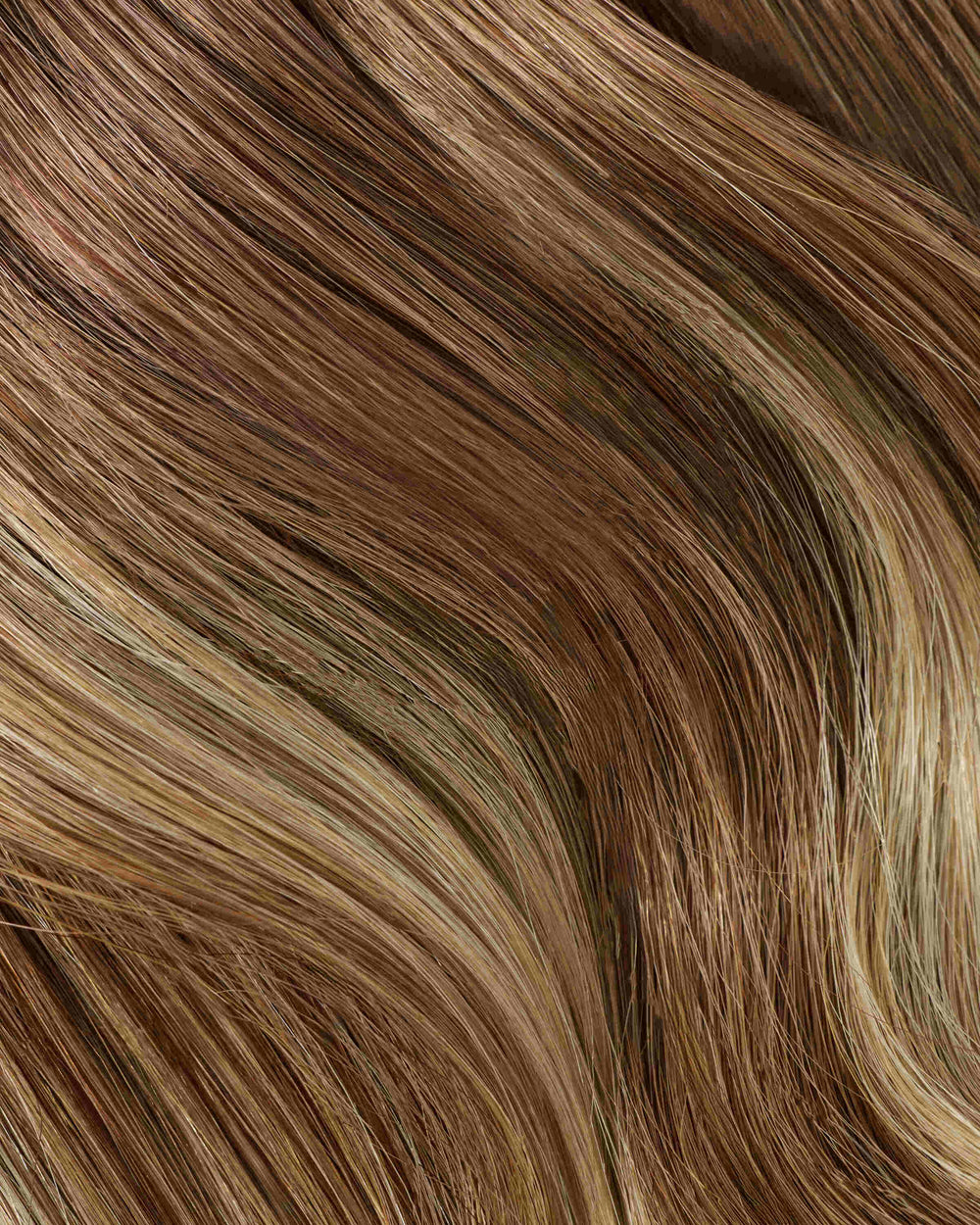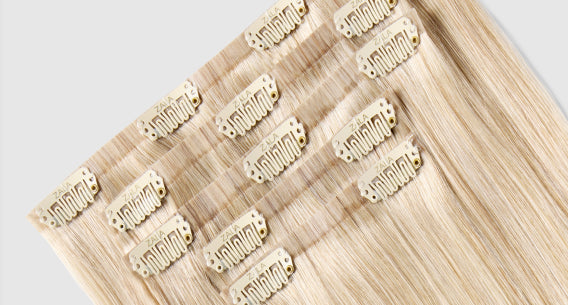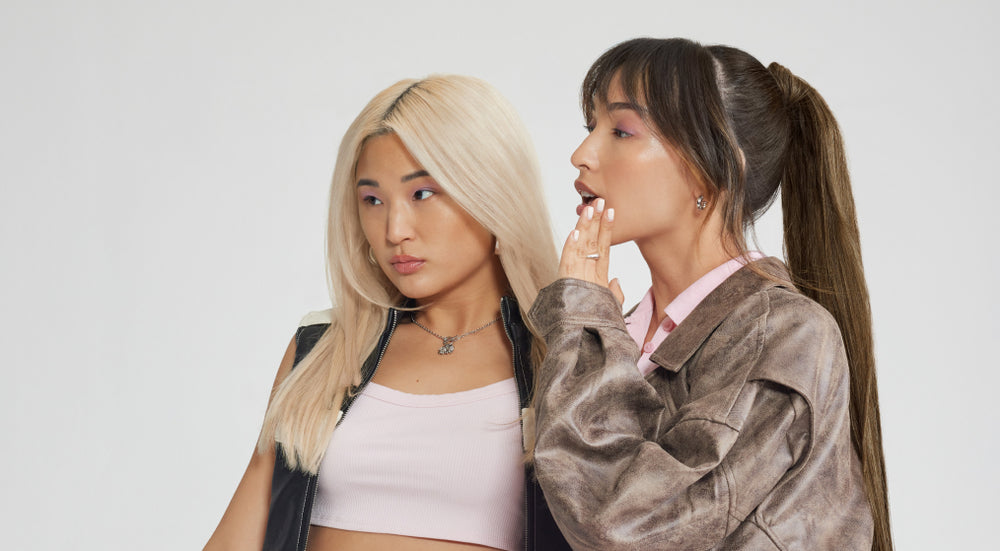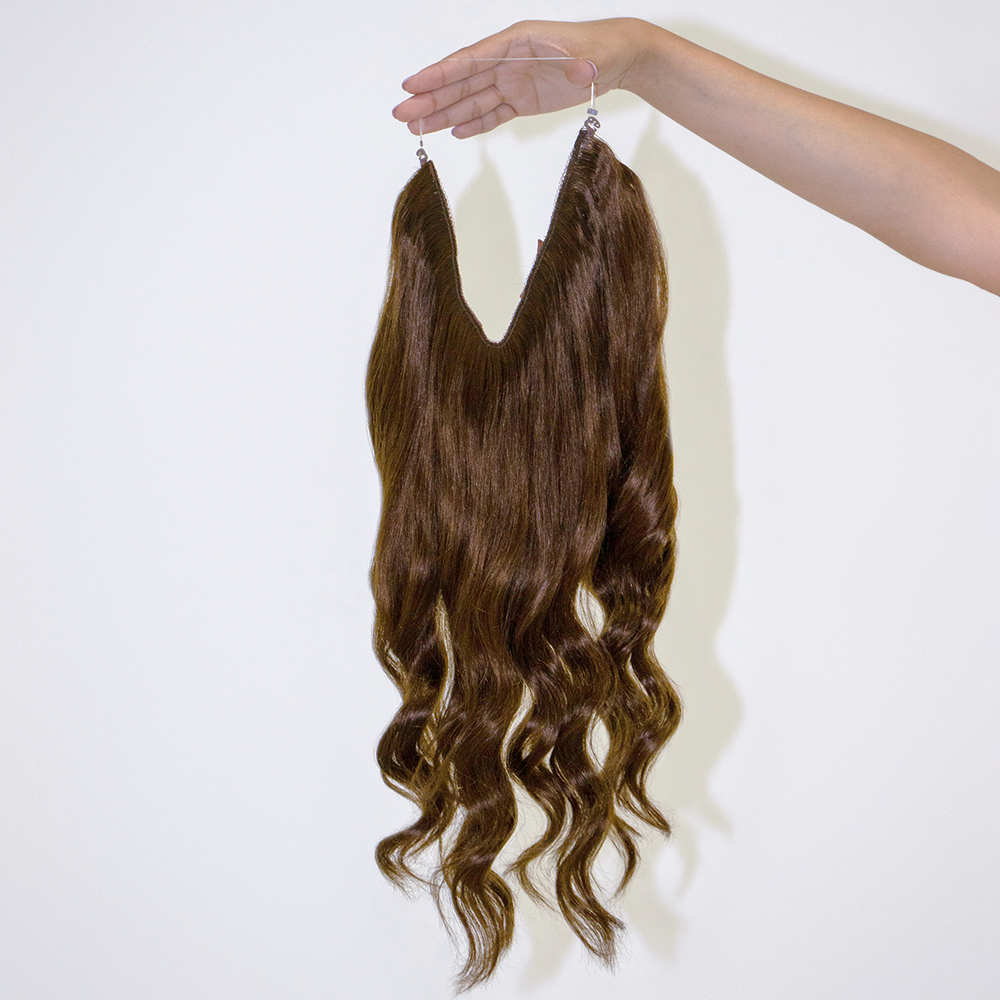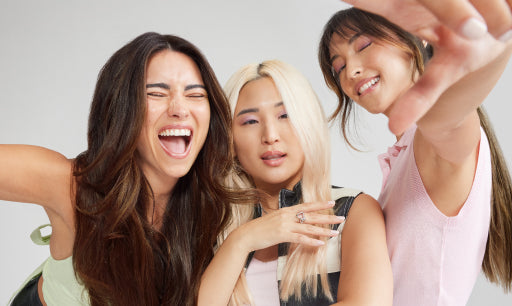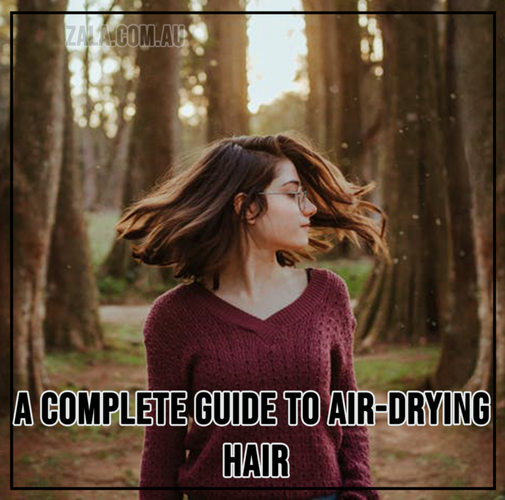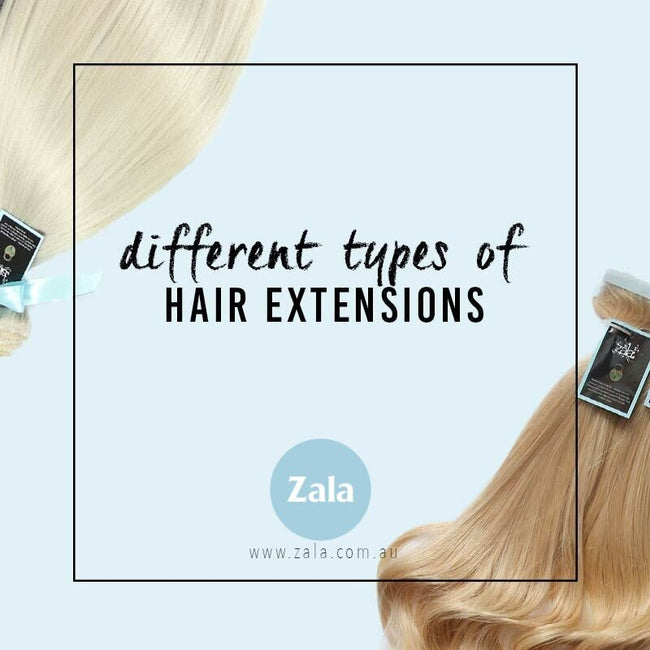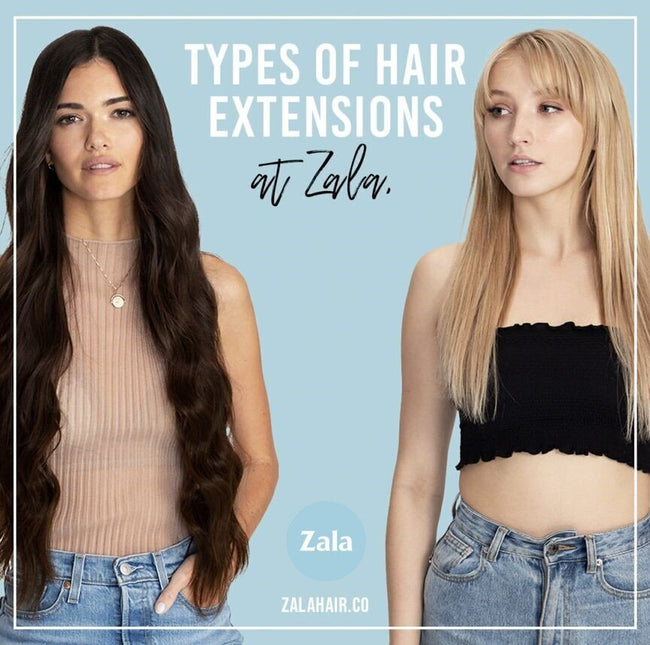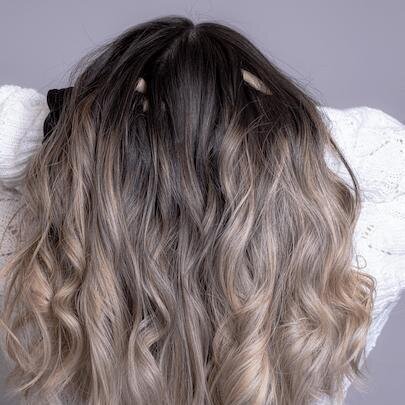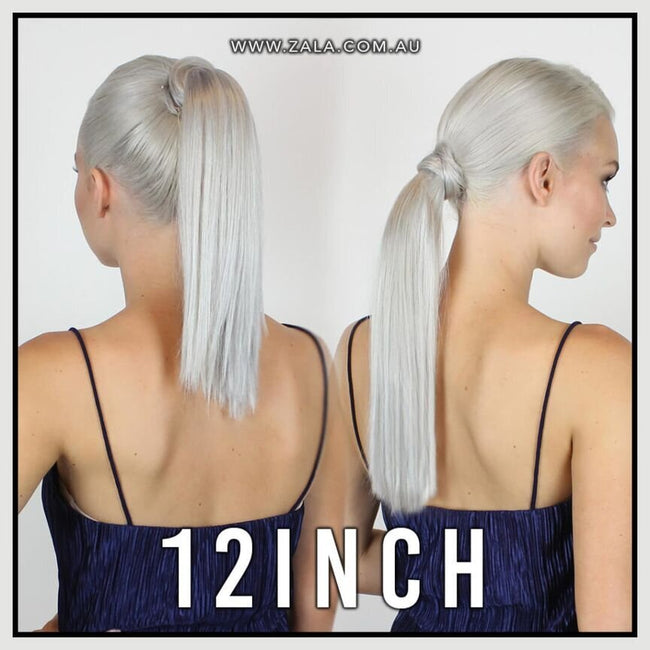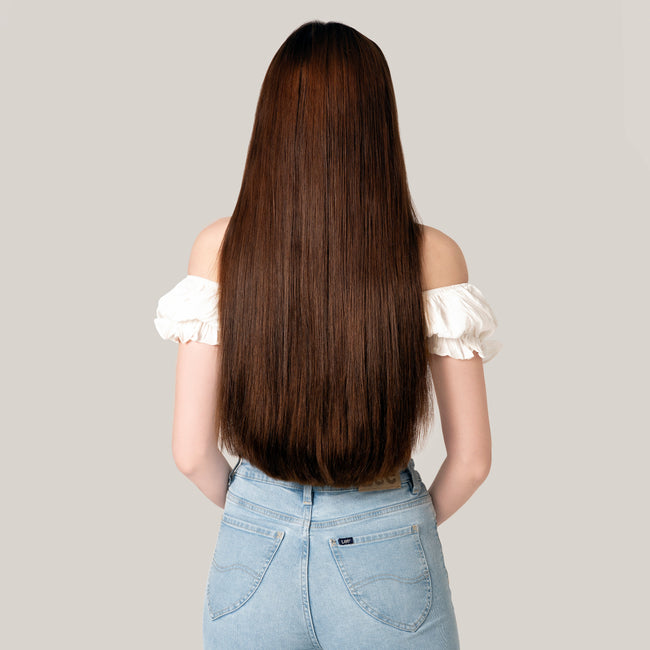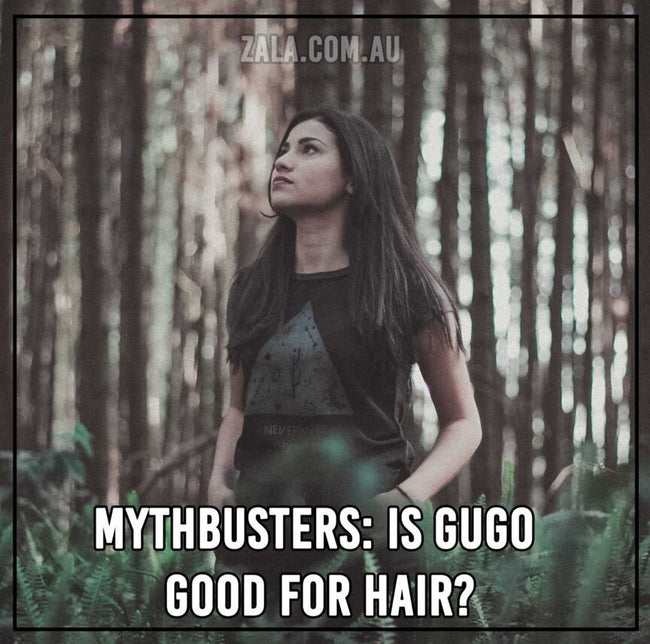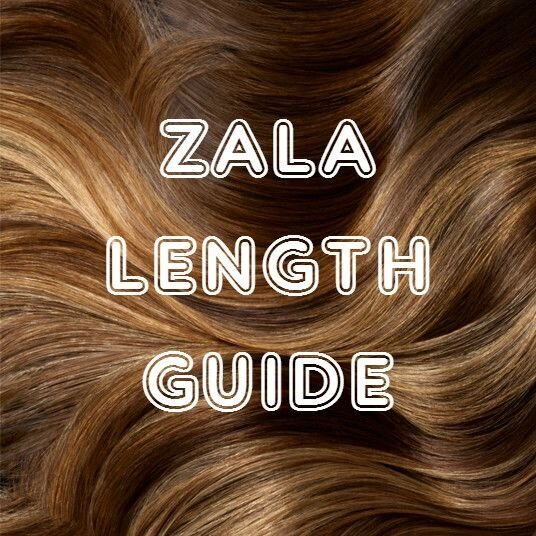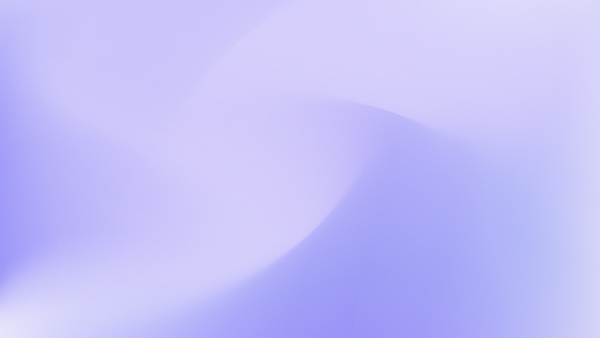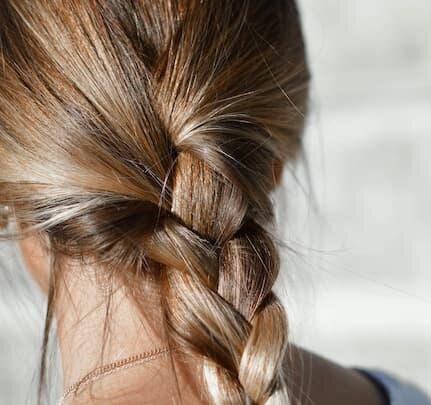The Do's & Don'ts of Using Products on Your Extensions
Learn about the best products for hair extensions, along with products you should never use. Plenty of good products are out there, you just have to know what you’re looking for and which ingredients to avoid. If you’re after the best products for hair extensions, keep reading!
It’s the one thing we all want to know when you invest in some quality hair extensions: Which products should I use that won’t cause damage? Thankfully, plenty of good products are out there, you just have to know what you’re looking for and which ingredients to avoid. If you’re after the best products for hair extensions, keep reading!
Before we dive into the products you should be using, let’s take a quick look at exactly what 100% Human Remy hair extensions are in order to understand how to care for them. While they’re made from real human hair (as the name suggests), a process takes place to turn them into hair extensions. Once the hair is collected, it’s put through a slow coloring process followed by several other processes to help preserve its texture and color and ensure it lasts. It’s left looking and feeling like real human hair because that’s exactly what it is! But because of the processes it has been through, we must be careful about the products we choose when treating it.
So, what are the best products to use on human hair extensions?
First, let’s consider the best shampoos and conditioners for hair extensions. You want to find products with the right ingredients.
Most shampoos you’d use on your regular hair are safe, with a few exceptions. Specifically, you’ll want to avoid:
1. Sulphates: These come in many different hair products, but they should be avoided at all costs. Their only purpose is to make the products foam, which you don’t need! Instead, sulphate's high salt levels can strip your hair of natural oils and leave it dehydrated.
2. Avoid shampoos and conditioners that have been formulated for specific types of hair, such as thin hair, dry hair, oily hair and so on. You want something that has been designed for normal hair, as it’s more likely to contain fewer chemicals the extensions might react to.
Remy human hair isn’t designed to absorb the products you put on it, so you shouldn’t waste your money trying to treat it. If you’re looking to smooth down some stray hairs, then you want to pick something nice and light. Avoid Moroccan or coconut oil – these are very thick and hard to wash. A lightweight hairspray may work best instead, which brings us to our next point.
There is nothing wrong with using a bit of hairspray on your extensions – but only if you really need it. Most of the time, your extensions should sit under your natural hair. If you do want to spray a small amount on your hair extensions, look for a soft and gentle option and go light on it. This will make it much easier to wash out afterwards.
If there’s one product you should use on your hair extensions every time you style them, it’s heat protectant spray.
If you frequently style your hair with heat tools, such as a straightener or a curling iron, then just like your natural hair, the heat can also damage the extensions. The thing is, your extensions don’t receive nutrients from your scalp, which means with more and more heat, they will simply become damaged over time—the exact issue you want to avoid.
There are plenty of heat protectant sprays, many of which will work perfectly well on extensions. We’d recommend using Zala’s Revive Me spray. This is a great nourishing treatment for your natural hair and extensions.
When it comes to all the different products on the market that can be used with hair extensions, you won’t have to look very far to find great options. Ultimately, it’s not so much what you should be using but more about making sure you avoid particular ingredients. Always look at the back of the bottle when you’re shopping to avoid the following three ingredients:
1.Alcohol: It’s very drying and bad for natural hair and extensions.
2.Sulphates: As we mentioned above, these will dry your hair and can strip it of color.
3.Bleach: Remy human hair has already been colored, so adding bleach will make it dry out further.
Keep in mind that less is usually more with products. The less you use on your extensions, the less frequently you’ll need to wash them—and the longer they’ll last. So, when in doubt, just let them flow naturally. You’ll likely find that with the added volume and length, you don’t really need many products after all!
Remy Human Hair Extensions
Before we dive into the products you should be using, let’s take a quick look at exactly what 100% Human Remy hair extensions are in order to understand how to care for them. While they’re made from real human hair (as the name suggests), a process takes place to turn them into hair extensions. Once the hair is collected, it’s put through a slow coloring process followed by several other processes to help preserve its texture and color and ensure it lasts. It’s left looking and feeling like real human hair because that’s exactly what it is! But because of the processes it has been through, we must be careful about the products we choose when treating it.
So, what are the best products to use on human hair extensions?
Best Shampoos & Conditioners
First, let’s consider the best shampoos and conditioners for hair extensions. You want to find products with the right ingredients.
Most shampoos you’d use on your regular hair are safe, with a few exceptions. Specifically, you’ll want to avoid:
1. Sulphates: These come in many different hair products, but they should be avoided at all costs. Their only purpose is to make the products foam, which you don’t need! Instead, sulphate's high salt levels can strip your hair of natural oils and leave it dehydrated.
2. Avoid shampoos and conditioners that have been formulated for specific types of hair, such as thin hair, dry hair, oily hair and so on. You want something that has been designed for normal hair, as it’s more likely to contain fewer chemicals the extensions might react to.
Best Smoothing Products
Remy human hair isn’t designed to absorb the products you put on it, so you shouldn’t waste your money trying to treat it. If you’re looking to smooth down some stray hairs, then you want to pick something nice and light. Avoid Moroccan or coconut oil – these are very thick and hard to wash. A lightweight hairspray may work best instead, which brings us to our next point.
Best Hairsprays
There is nothing wrong with using a bit of hairspray on your extensions – but only if you really need it. Most of the time, your extensions should sit under your natural hair. If you do want to spray a small amount on your hair extensions, look for a soft and gentle option and go light on it. This will make it much easier to wash out afterwards.
Best Heat Protectant Spray
If there’s one product you should use on your hair extensions every time you style them, it’s heat protectant spray.
If you frequently style your hair with heat tools, such as a straightener or a curling iron, then just like your natural hair, the heat can also damage the extensions. The thing is, your extensions don’t receive nutrients from your scalp, which means with more and more heat, they will simply become damaged over time—the exact issue you want to avoid.
There are plenty of heat protectant sprays, many of which will work perfectly well on extensions. We’d recommend using Zala’s Revive Me spray. This is a great nourishing treatment for your natural hair and extensions.
When it comes to all the different products on the market that can be used with hair extensions, you won’t have to look very far to find great options. Ultimately, it’s not so much what you should be using but more about making sure you avoid particular ingredients. Always look at the back of the bottle when you’re shopping to avoid the following three ingredients:
1.Alcohol: It’s very drying and bad for natural hair and extensions.
2.Sulphates: As we mentioned above, these will dry your hair and can strip it of color.
3.Bleach: Remy human hair has already been colored, so adding bleach will make it dry out further.
Keep in mind that less is usually more with products. The less you use on your extensions, the less frequently you’ll need to wash them—and the longer they’ll last. So, when in doubt, just let them flow naturally. You’ll likely find that with the added volume and length, you don’t really need many products after all!
Share This Post:
